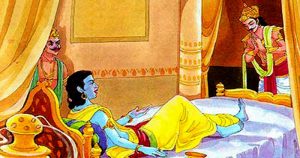
Top 5 Best Useful Tips to Win Friends and Influence People, Supported by Facts From Mahabharata
Most of the times people usually utter aloud often with surprise, horror, or joy being influenced with warm shades of life. Later people regret of behaving in an unpredictable way, henceforth this calls for decision-making skills that would let an individual to get best out of life. Six standard, typical example’s of human interactions such win/win, lose/lose, win/lose, win, lose/win, and win/win or no deal had been shared by the author Stephen R Covey in his fabulous book The 7 Habits of Highly Effective People.

Six Epitomes of Stephen R’s fabulous book The 7 Habits of Highly Effective People.
#1. Epitome: Mutual benefit is sought by both the players in win/win approach. It’s all about a way that’s better than both leaving behind other two possibilities such as it is not your way or my way.
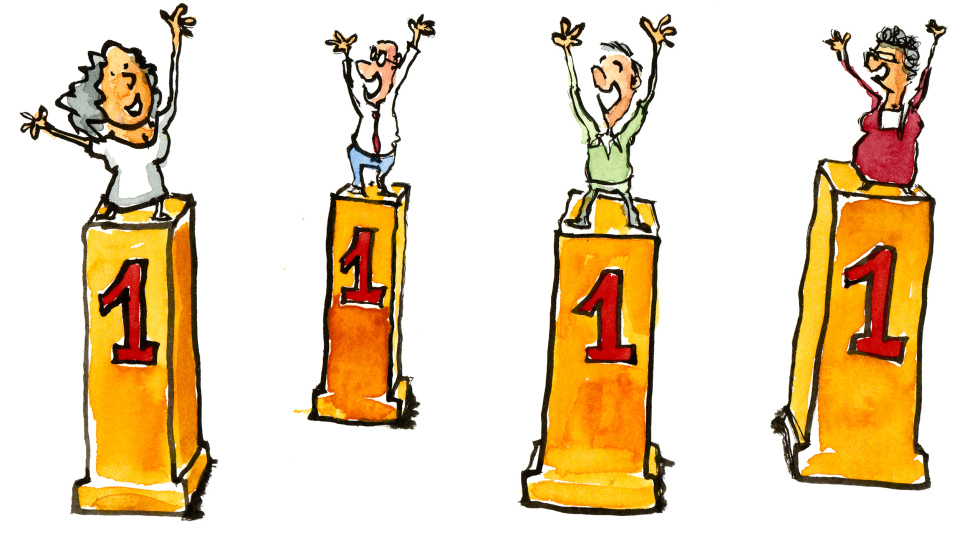
#2. Epitome: The later one is the spiteful and weak case that is lost/lose. As an individual at one end always ensures that the other one shouldn’t get a better despite being at bleak.
#3. Epitome: The well known saying “If I win, you lose” bears witness to the case win/lose. Usually, this can be compared to running races and competitions in our daily lives where one would win, and the other one or rest had to lose.
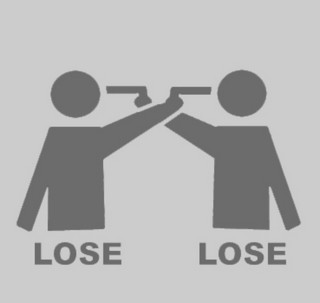
#4. Epitome: The other case is all about the win (or “Think Win”), where it involves thinking of victory without considering its effect on others.
#5. Epitome: This model signifies mother’s attitude where one would prefer to lose/win for the sake of others when they don’t have good times. The view of an individual here states that “Ok, have it your way, I won’t push my case – even though I may be right.”
#6. Epitome: And here is the absolute incarnation where either win/win or no deal intensifies the case that clearly indicates “unless this benefits both of us, we’re not going ahead with it.” Both the individuals at the both the ends would be able to execute this one when they have mutual nourishment.

Though the Stephen R Covey’s epitomes from his book The 7 Habits of Highly Effective People, seem to be ideal and practical in real life. While we there are similar classic examples in Indian epic mythology Mahabharata.
Sneaking into the early chapters of the Udyoga Parva (Book 5) one could find that to seek help from Lord Krishna in the war, Arjuna visits Dwarka. Upon being ascertained with this, he also hurries ups to Dwarka, so as not to miss the chance of earning help from Krishna. Duryodhana, who manages reach earlier to Dwarka than Arjuna, observes Krishna asleep, sits down on a fine seat at the head of the bed.
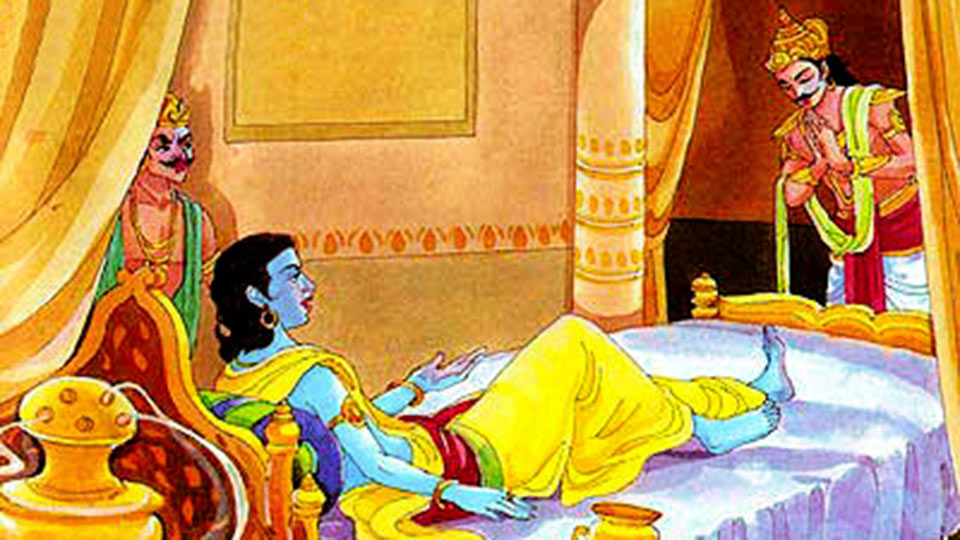
Arjuna, who arrives late, stands at the foot of the bed with joint palms. Arjuna was examined earlier by Lord Krishna when he wakes while he greets both to know what the duo to come to his place. “You should help me in the coming war. Both Arjuna and I are your friends. And today, I was the first to come. You, as a wise person, should take up my cause first” says Duryodhana.
To which Lord Krishna says “I don’t doubt that you came first, O king, but I saw Arjuna first. In any case, I will help you both. They say that the younger one should get the first choice, so let Arjuna choose first. I have an army of a hundred million soldiers known as the Narayana and they are invincible in war. I will give them to one of you. I alone, having decided not to lift a weapon in this war, will go to the other. Arjuna, you choose first. Select one of these two.”
Wise Arjuna, chooses Lord Krishna without losing a moment while the greedy Duryodhana picks the army, Narayanan, yet he grinned of having both Krishna and his army on his side while he claimed it has Arjuna’s stupidity for not choosing the command. Later Duryodhana goes forward to meet Balarama and asks him to join the war to which the elder brother of Krishna says “Even in the past, for your sake, I contradicted Krishna and disagreed with his opinions. I spoke about the equality of our relationship with both the groups but Krishna never shared that view. I cannot separate myself from Krishna even for a moment. And since I cannot act against Krishna, I have decided not to fight this war – neither for your nor the Pandavas. You should fight! And fight well, keeping in mind all the rules of war!”
Mesmerized with the choice of Arjuna, Lord Krishna asks him, “You knew that I will not fight this war, yet why did you choose me?” after the departure of Duryodhana. Arjuna said, “I know that you can slay them all but so can I. But you are a great man and your renown comes with you. So I chose you. Please be my charioteer. This is what I wish.” Smiling at the answer of Arjuna, Lord Krishna said, “It’s nice that you compare yourself with me. I shall be your charioteer. Your wish will be fulfilled.”
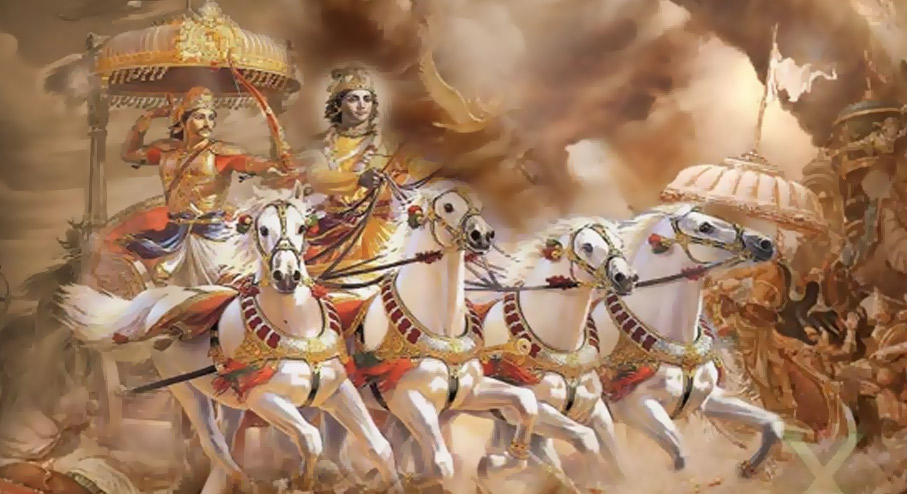
Being through the above instances, one could able to witness the diverse approaches of Krishna and Balarama. Lord Krishna executes the classic example of a win-win situation that made everyone happy both, Duryodhana, Arjuna despite being aware the right and besides. He happy to help both Pandavas and the Kauravas fulfilling his job as about both the families. Both Arjuna and Duryodhana are delighted with what they had now, claiming themselves to had best deal.
To the contrary, Balarama chooses the no deal scenario due to his emotional instability making up his mind not to get into trouble taking the stand of anyone either Pandavas or Kauravas. Balarama could have opted the king Duryodhana due to his love and affection towards him despite having good relation with Bhima while upon being ascertained with Krishna being on Pandavas side he withdrew his ideas. Which increased the complexity for him where he couldn’t fight with Pandavas and Kauravas. Hence, he absconds the war going on a pilgrimage during the war.
Hence, the above illustrations of Mahabharata evidence some of the real-time instances of our lives where we call out of compulsion or other emotional bindings. While what matters and lead to the greater good is that opting a better stand whether to add value to everyone or else shall not taking it up at all. Share your thoughts and ideas with us leaving them behind as comments.